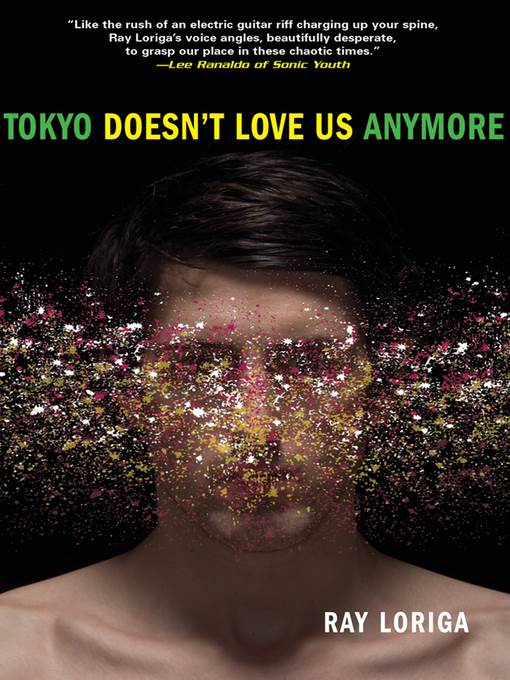
Tokyo Doesn't Love Us Anymore
- اطلاعات
- نقد و بررسی
- دیدگاه کاربران
نقد و بررسی

April 26, 2004
A starred or boxed review indicates a book of outstanding quality. A review with a blue-tinted title indicates a book of unusual commercial interest that hasn't received a starred or boxed review.
TOKYO DOESN'T LOVE US ANYMORE
Ray Loriga
, trans. from the Spanish by John King. Grove
, $13 paper (272p) ISBN 0-8021-4147-1
In Spanish writer Loriga's derivative novel, an anonymous narrator travels the world of the near future selling memory-erasing drugs to anyone with recollections they'd rather forget. The callous but despairing narrator peddles "chemical" for the "Company," which sends him around the globe, from Arizona to Bangkok, from Berlin to Tokyo. In each exotic port-of-call the agent makes a sale or two, has anonymous sex and collects memories he himself will one day have to erase. "There's no longer anything that chemical can't hide nor anything that chemical isn't capable of bringing back again," he laments. Occasionally, Loriga conjures up an interesting futuristic nugget (e.g., a computer program that reincarnates the dead), but more often he meanders into generic tangents that could have come from any other dystopian sci-fi novel. Sometimes his hard-boiled prose hits the mark ("Memory is like the most stupid dog, you throw it a stick and it brings you any old thing"), but often he tries too hard for neo-noir hipness ("Tijuana stretches out into the desert like a stain of oil on an ice rink"). The novel feels cobbled together from the work of past sci-fi masters: the cold and indiscriminate sexuality of J.G. Ballard's Crash
, the hallucinogenic tone of Burroughs's Naked Lunch
, the cyberpunk globe-trotting of William Gibson and the bleak not-too-distant-future of Philip K. Dick. In the end, Loriga's own story barely emerges from the homages to his predecessors. Agent, Howard Morhaim.

July 1, 2004
Spanish author-film director Loriga is gaining a cult following in Europe and the U.S. for a handful of offbeat novels that straddle the line between the avant-garde and science fiction. His latest novel is about an unnamed traveling salesman who floats between the retirement communities of Phoenix, Arizona, and the flesh markets of Bangkok, selling an enigmatic and potent new drug that selectively erases memories. His clients are jilted lovers, rich businessmen seeking to obliterate last night's debauchery to better enjoy the next, and, in one case, a Japanese car dealer trying for forget that his prosthetic limb has replaced a real one. Inevitably, somewhere during his ramblings, the salesman samples his wares and is propelled on an increasingly surrealistic journey, during which he surrenders more and more fragments of his identity. By turns dreamlike and disturbing, Loriga's chilling, concise prose shines a dark spotlight on the modern allure of pharmaceuticals' seeming power to assuage all ills. As a portrayal of narcotic dissipation, the novel ranks with William Burroughs' best.(Reprinted with permission of Booklist, copyright 2004, American Library Association.)




دیدگاه کاربران